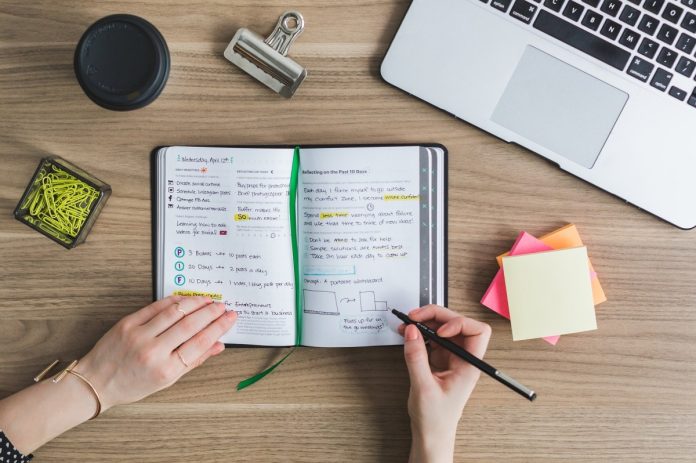In any exam, preparation is the key to success. The more you prepare for your CBSE class 11 physics exam, the easier it’ll be. By following these tips, you’ll be able to turn in a fantastic performance on the day of your exams.
1) Do not wait until the last minute to attempt solving physics problems. Read up on all topics and take notes – this will make it easier once you go through the questions and answers during exam time. Class 11 physics solutions can make students easily prepare.
2) Make sure that all of your experiments are double or triple checked before submitting them for grading or assessment purposes – this will make sure that there are no mistakes that could cost you points on any test or assignment. Ncert solutions for class 11 physics are very much necessary for class 11 students
3) Go overall question types and make sure you know how to tackle every single one of them. Try to get an overall idea of what the instructors are looking for in these exams so that you can do your best to nail them all. InfinityLearn Study guide can help you better
4) Practice taking practice tests on a variety of material – some questions posted on the exam may be very different from those that are going to be asked on the day of your exams.
5) Make sure you have everything you need with you before attempting a physics test, including pencils, erasers, sufficient resources, and any other materials or tools necessary to do your best on the day of your test.
6) Finish any assignments handed out in class early so that you can review the material and make sure you understand it well. This will help a lot on the day of your exams if you have time left over to go over homework problems or exam questions.
7) Make sure that you have done enough preparation and practice before attempting a physics test – the more you are prepared, the more likely you are to get a good grade on your tests and assignments.
8) Always take breaks between studying for your exams – remember not to cram too much into one sitting, as this could prove to be counterproductive in the long run.
9) Try to get a grasp on all the material that is discussed in class, but don’t spend too much time on any one thing. It is important to balance your study loadout so that you can be prepared for everything you may encounter during the test.
10) Take advantage of online resources and free online practice tests to make sure you are ready for any physics tests or assignments that may be asked of you in class.
11) Don’t wait until the last minute to go over your school notes – it is important to keep pace with this studying schedule so that you can absorb all of the information as best as possible.
12) Mastering physics formulas is critical to any success you may find on exams. Make sure you have a solid grasp of these formulas and can use them properly in any problem set.
13) Try to have a good study environment when working on your assignments – make sure you have everything ready, so that you can focus all of your energy on studying while in the room.
14) Make sure that you know all the material and are prepared for any questions or problems that may arise. If there is anything else you want to know about the material, make sure you ask your instructor before heading out into the test room.
15) Consider taking a practice test in the days leading up to your exams to see how prepared you are for the difficult questions that may surface on exam day.
16) Familiarize yourself with all the types of physics problems that you will be asked in each section of your tests and assignments. Try to make a list or photocopy of all these so that you will know what is being asked; this will help ensure that you can challenge every problem at hand successfully and get an A+ grade on all assignments and tests.
17) Focus on one problem at a time, and spend quality time trying to understand the solution – if it takes you more than 5 minutes, then simply turn back for now.
18) When you are solving a physics problem, do not rush through the steps, take your time and complete every single step properly.
19) If you suffer from exam jitters or feel nervous about your upcoming tests, then give yourself some extra time to work on problems that seem to be the most difficult – this will help assure yourself that you are well prepared for each question.
Conclusion
Try not to stress out too much in your study sessions – everyone gets nervous before an exam, especially when it is the end of the year and all of your grades are riding on your performance. This is perfectly normal and something that virtually all students go through during exams. The key is to remain calm and get some good sleep before taking exams.

